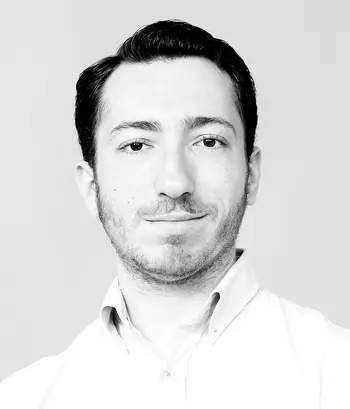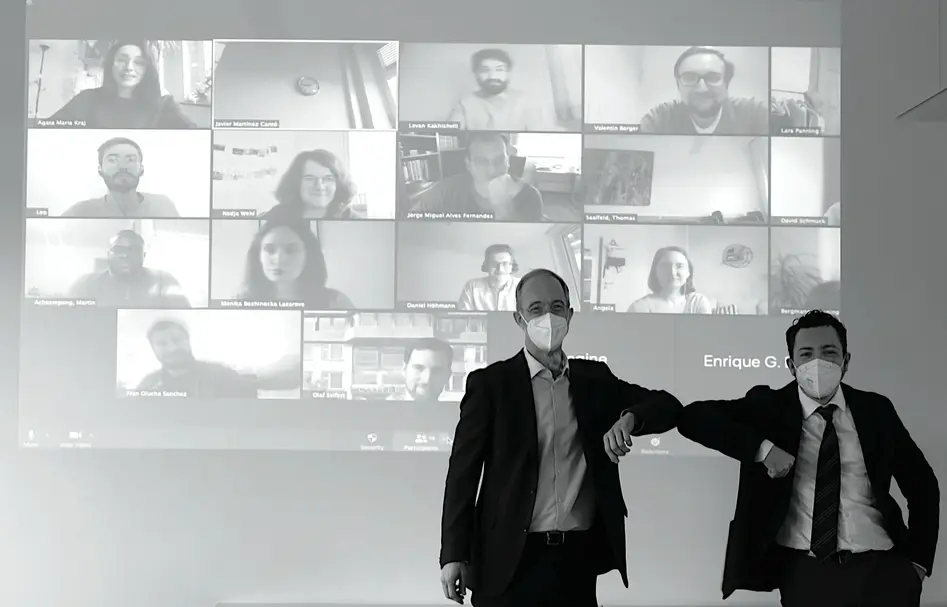GRADUATION TALK ▼
HOW PARTIES CHOOSE THEIR TOP CANDIDATES
AN INTERVIEW WITH Javier Martínez-Cantó

:::::::::::::::::::::::::::::::::::::::::::::::::::::::::::::::::::::::::::::::::::::::::::::::::::::
SHORT PROFILE
Name: Javier Martínez Cantó
Field: Political Science
Location: Konstanz/Germany
Occupation: Postdoctoral Researcher at the University of Konstanz
:::::::::::::::::::::::::::::::::::::::::::::::::::::::::::::::::::::::::::::::::::::::::::::::::::::
▐ Javier Martínez Cantó gives us a sneak preview of the results of his thesis on the factors that explain how parties choose their top candidates.
// What drew you to the topic of your dissertation and what interests you most about it?
J.M-C My interest in the topic rose while watching how media pundits tend to discuss political parties’ decision, and in particular, the people parties chose at a specific time to be their leading - or top - candidates at a given election. It seems to me that over the last years, the media tends to emphasize the likability and character of a candidate for public office over his or her ideological positions and political qualities. In this context, I started to think about the criteria that parties use when making a nomination, and therefore which criteria would like their candidates to have.
// Could you give us a sneak peak of the results of your thesis?
J.M-C In my dissertation, I seek to know under which circumstances political parties are more likely to nominate different types of people as political candidates. In particular, when selecting their “top candidates”. The person who will become the leading campaigner and hold (one of) the most important governmental position. I classify candidates into more “electable” or more “reliable”. And I propose four factors explaining the outcome of the nomination process: structural factors linked to party organization, changes within the parties’ internal dominant coalition, changes in the electorate and the type of party selector (party elite, party conference or party primary). My results show that parties are only reactive to voters in particular circumstances. Furthermore, party organization type and resources and the existence of intra-party battles can mostly explain the outcome of candidate selection processes.
// What did you enjoy most about your time at the Graduate School?
J.M-C I always valued how BAGSS provided a friendly environment for rigorous academic exchange. The diversity of topics, backgrounds, cultures and approaches was one of the graduate school highlights. Being exposed to such personal and academic diversity was very enriching.
// What is the next step in your career?
J.M-C Since a little more than a year, I’ve been working as a postdoctoral researcher at the University of Konstanz. There I teach and keep doing my research. As part of my postdoctoral experience, I am expanding my research from political parties’ organization to representation and legislative behaviour topics.

........................................................................................................................................................
MAIN PAGE | CONTACT | LEGAL | PRIVACY POLICY | DATENSCHUTZ | IMPRESSUM
© Bamberg Graduate School of Social Sciences
Image Credits: © Bamberg Graduate School of Social Sciences